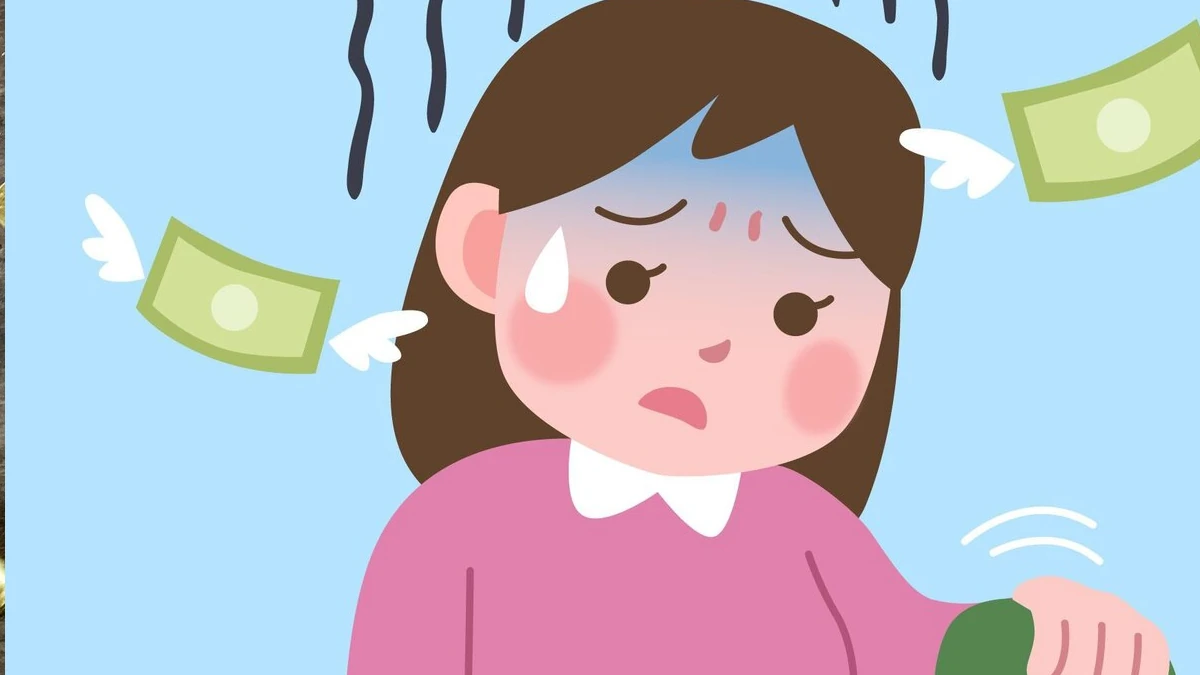In the land of the free market, the concept of price gouging often becomes a hot potato during emergencies or disasters. While capitalism encourages sellers to set prices as they see fit, there’s a fine line where opportunism can cross into exploitation. But is price gouging illegal? Let’s peel back the layers of this complex issue.
What Is Price Gouging?
Price gouging happens when sellers hike up prices to unreasonable levels, especially during emergencies. Imagine a hurricane’s coming, and suddenly, the corner store’s charging you an arm and a leg for a bottle of water. That’s price gouging in a nutshell.
Legality of Price Gouging
In the U.S., there’s no federal law that outright bans price gouging. Instead, it’s a state-by-state situation. Most states have laws against price gouging, but what constitutes an illegal price hike can be as varied as the weather.
State Laws Against Price Gouging
- Emergency Declarations: Many states kick their anti-gouging laws into gear when the governor declares a state of emergency. That’s when the legal brakes on price increases get applied.
- Price Increase Limits: Some states define gouging by specific price increases—like anything over 10% of the pre-emergency price.
- Necessary Goods and Services: Laws usually focus on essential items like food, water, gas, and shelter. So, if you’re selling luxury yachts during a flood, you might not be in the spotlight.
Penalties for Price Gouging
Get caught price gouging, and you might be looking at more than just angry customers. Penalties can include fines that’ll make your wallet weep, restitution (paying back the overcharged amount), and sometimes even jail time.
Defending Against Price Gouging Accusations
Businesses sometimes argue that price hikes are due to increased costs or supply shortages. It’s a defense that can hold water if they can prove costs really did go up. It’s all about showing the math.
Consumer Protection
Agencies like the Federal Trade Commission (FTC) and state attorneys general are the watchdogs that go after price gougers. They rely on consumer reports, so if you see something shady, you’re encouraged to say something.
Conclusion
While there’s no one-size-fits-all answer to whether price gouging is illegal (because it depends on where you are and the situation at hand), it’s generally frowned upon and often punishable by law during emergencies. To stay informed on price gouging statutes in your state, check out the following reference:
- National Conference of State Legislatures on Price Gouging: https://www.ncsl.org/research/financial-services-and-commerce/price-gouging-state-statutes.aspx









Leave a Reply